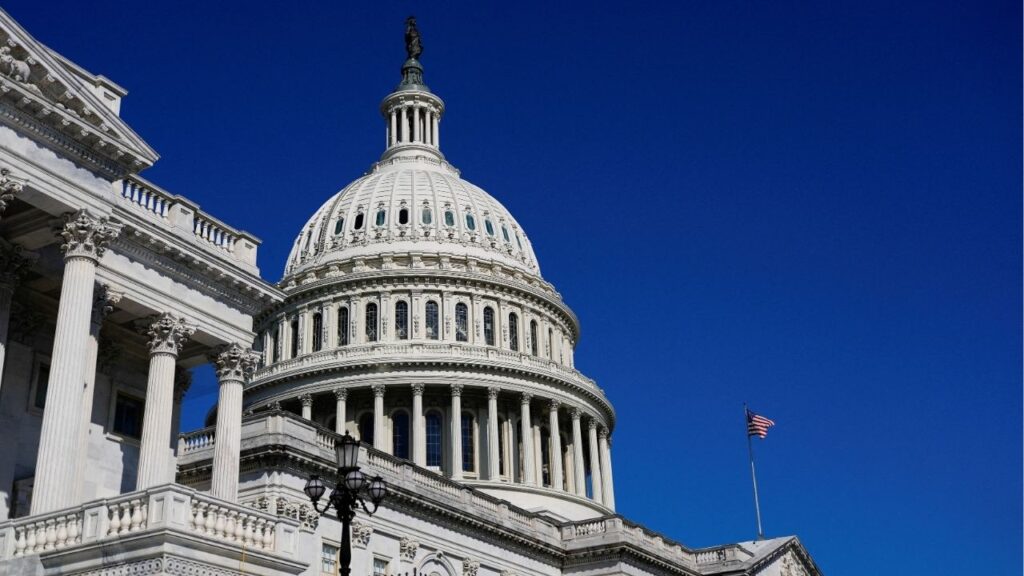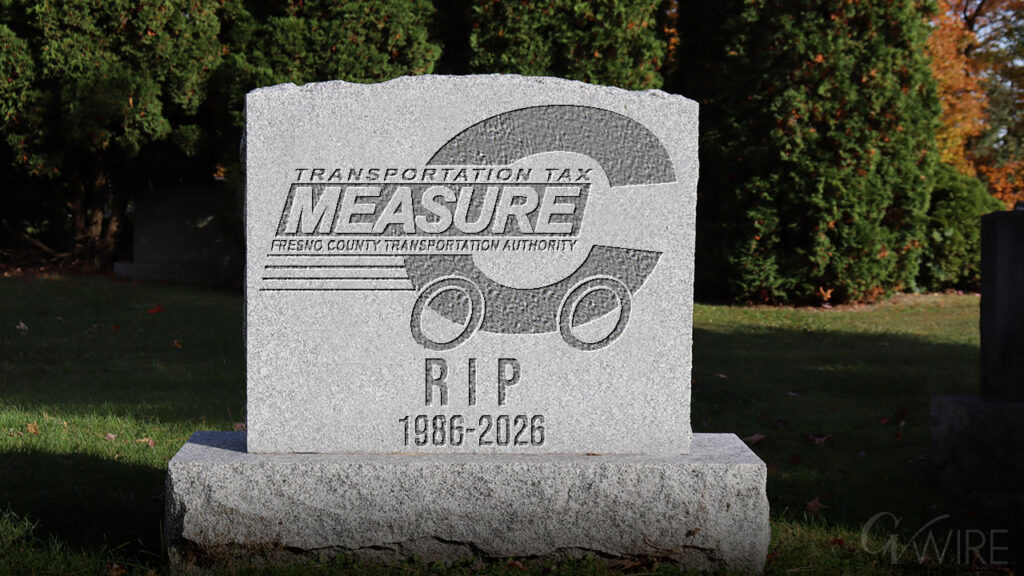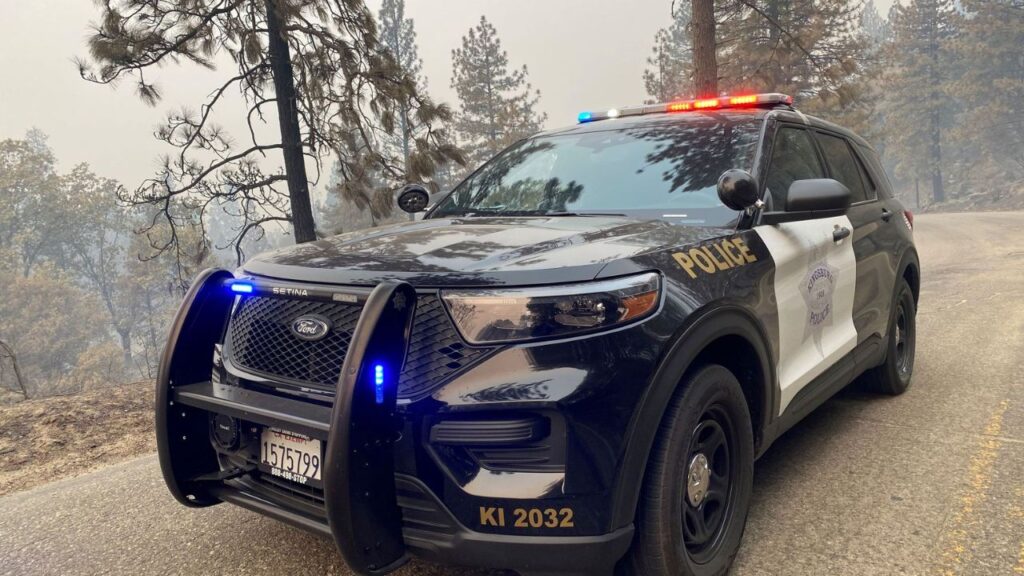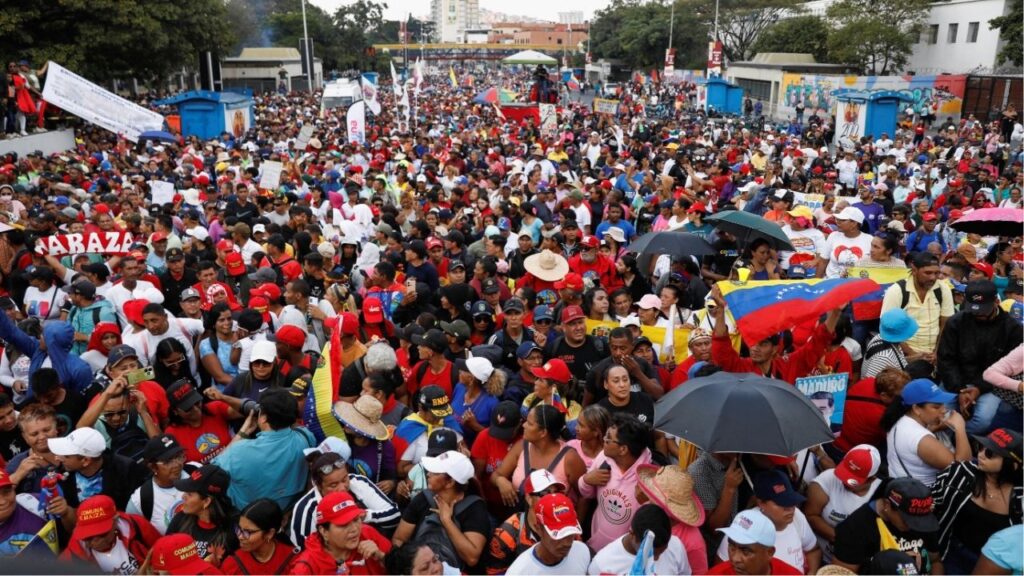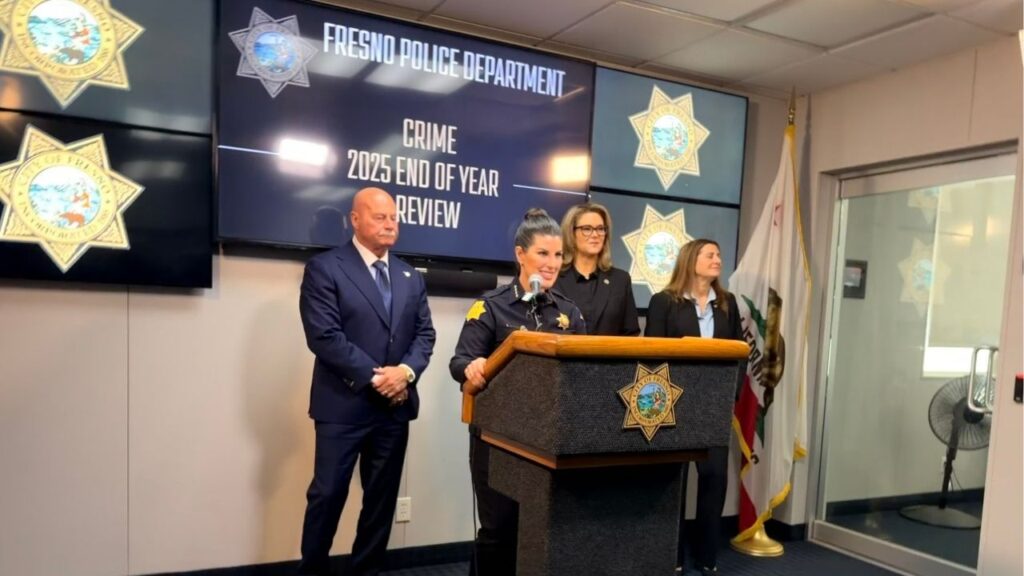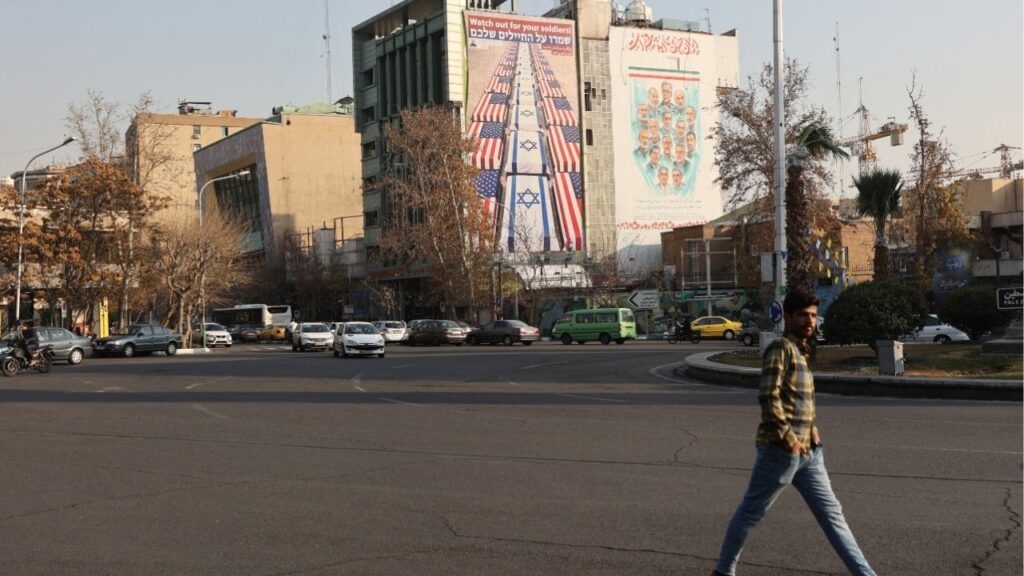Share
SACRAMENTO — Officials from six rural Northern California counties and 14 small cities in them have urged Gov. Gavin Newsom to let them reopen their economies, marking the most significant pushback yet from local leaders against a mandatory stay-at-home order in its second month that has left 3 million people out of work.
Of the 500,000 people who live in Sutter, Yuba, Butte, Colusa, Tehama and Glenn counties, only 69 have had confirmed cases of coronavirus.
The counties added at least 475 additional hospital beds to prepare for a feared surge, but so far have only one coronavirus patient in an intensive care unit, according to a letter date Friday that the county and city leaders sent to Newsom.
“At this point, given the COVID-19 numbers locally — and our enhanced health care capacity — we ask you to allow our counties to exercise local authority to implement a careful and phased reopening of our local economies,” said the letter also signed by the region’s two Republican state lawmakers, Assemblyman James Gallagher and Sen. Jim Nielsen.
As the rural counties sought to reopen, six San Francisco Bay Area counties said Monday they are extending stay-at-home orders through the end of May.
“This global pandemic of COVID-19 is still in its early stages,” the Bay Area counties said in a statement. “The virus spreads easily, testing capacity is limited and expanding slowly, and vaccine development is just beginning. We expect to be responding to COVID-19 in our communities for a long time.”
Newsom, a Democrat, last week relaxed the stay-at-home order to allow hospitals to resume elective surgeries. But he resisted calls to allow other nonessential businesses to reopen.

Beachgoers Over the Weekend Cruised Seaside Neighborhoods
Newsom said public health orders from local governments cannot be less restrictive than the state’s orders.
“What happens if we get ahead of ourselves and start to see a surge of new cases?” he said.
Meanwhile, Newsom announced Monday that Colorado and Nevada are joining a pact with California, Oregon and Washington to cooperate on planning for reopening. The governors, all Democrats, say public health is their priority.
The reopening request by six rural contiguous counties northeast of San Francisco came as a spring heatwave lured tens of thousands of people to Southern California beaches, where residents compared the crowds as similar to those during the July 4 holiday.
In response, Newport Beach officials on Sunday called for a special meeting to consider shutting beaches for everyone over the next few weekends or for closing roads leading to the shore.
Beachgoers over the weekend cruised seaside neighborhoods searching for parking and packed sidewalks, inches from people’s front yards, said Diane Dixon, a councilwoman whose district run along the beach.
“This is not an issue in normal times. But in a pandemic, it creates a lot of concerns, and our older residents are especially at risk,” Dixon said.
Neighboring Huntington Beach also had big gatherings, despite closed beach parking lots and metered parking along the Pacific Coast Highway.
Some beaches had more restrictions than others depending on the governmental agencies in charge of different segments of the coastline.

California Has Had More Than 43,700 Coronavirus Cases and 1,720 Deaths
San Diego city’s beaches opened Monday and drew surfers back to the water and joggers along the sand, with no sitting or stopping allowed. At Ocean Beach, one young surfer yelled, “We’re back!” as he trotted toward the water with his board under his arm.
Carlsbad officials voted to keep city beaches, parks, and trails closed until they can consider a phased reopening. Moonlight Beach in Encinitas also opened on Monday, with lifeguards and sheriff’s deputies monitoring whether people were adhering to social distancing. If they don’t, the beach could be closed again.
Los Angeles, city and county beaches, trails, and playgrounds were closed. Officers on horseback patrolled those areas to enforce social distancing rules.
To the north, police in Pacific Grove said they had to close the picturesque Lovers Point Park and Beach at the southern end of Monterey Bay on Saturday because of a lack of social distancing.
In Sacramento, boats crowded the water at Discovery Park and many families set up blankets and chairs by the riverside.
California has had more than 43,700 coronavirus cases and 1,720 deaths, more than half of them in the Los Angeles area, according to data compiled by Johns Hopkins University. However, the number of infections is thought to be far higher because many people have not been tested. Studies suggest people can be infected with the virus without feeling sick.
For most people, the virus causes mild or moderate symptoms, such as fever and cough that clear up in two to three weeks. For some, especially older adults and people with existing health problems, it can cause more severe illness and death.
RELATED TOPICS:
Categories
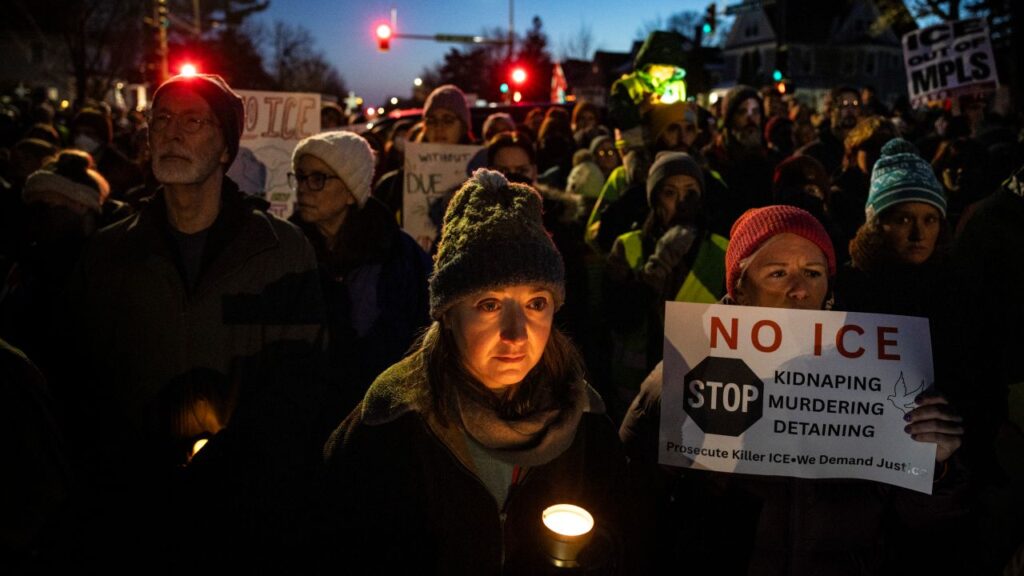
By Killing Renee Good, ICE Sent a Message to Us All
